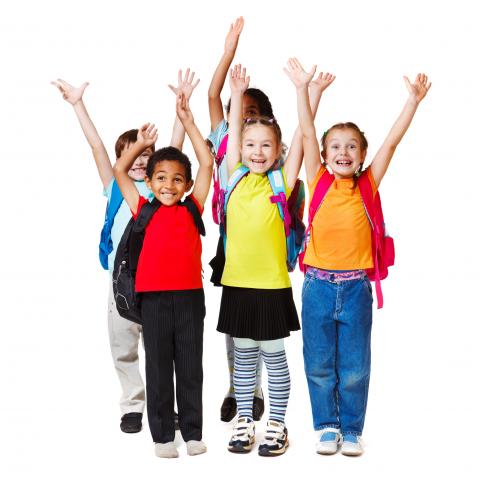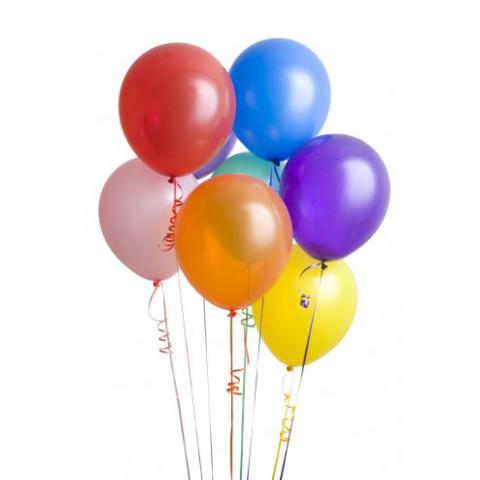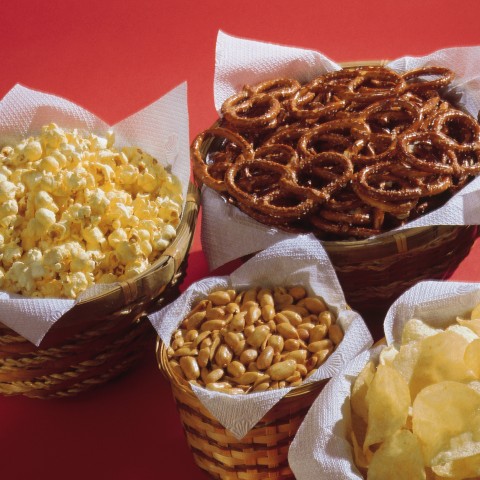Do you remember being a kid? Growing up, I always looked forward to a day off from school (and dreaded most days not off school…).
Well, Children’s Day in China is a day off from school that children can look forward to all year long; it’s a holiday filled with fun and excitement for the little ones! In this article, you’ll explore how children and parents celebrate International Children’s Day, pick up some vocab, and learn the Chinese phrase for someone who’s still a child at heart.
Let’s get started.
1. What is Children’s Day?
International Children’s Day, celebrated in many countries around the world, is a holiday dedicated to honoring and protecting children; it’s also a day for the little ones to have fun and 逃学 (táoxué), or “be off school.”
Let’s briefly look at some Children’s Day history. The holiday is thought to have started as early as 1857, when a pastor living in Massachusetts gave a special sermon for and about children. It wasn’t until 1920, however, that Children’s Day was officially declared a holiday; Turkey was the first country to make this declaration, and Mustafa Kemal Atatürk made it official in 1929. In 1950, the holiday spread rapidly to a number of other countries.
Children’s Day, as we know it today, started as a means of promoting children’s rights and protesting the killing and harming of children. The United Nations declared this holiday a way to mourn the loss of all the children who died as a result of poisoning from the Nazis during WWII.
Chinese Children’s Day started in 1932, initiated by the Shanghai China Salesian Society.
-
→ Learn the most important facts about Chinese Society with us, and be prepared for your visit or further studies!
2. When is Children’s Day in China?
Each year, International Children’s Day is celebrated on June 1. This is when the majority of countries celebrate this holiday, though many countries have their own Children’s Day celebrations on other dates. For example, the United Nations celebrates World Children Day on November 20.
3. Chinese Children’s Day Celebrations
Today, Children’s Day in China is a time for children to feel 欢乐 (huānlè), or “happy,” and loved. Most children get the day off school, though schools do put on fun performances or take children on field trips, where they can see a movie or engage in other exciting activities. Only children under the age of fourteen partake in Children’s Day activities.
Some of the most popular Children’s Day traditions in China include taking one’s child to the 公园 (gōngyuán), or “park,” making their favorite snack or dinner, and giving them a 礼物 (lǐwù), or “gift.” Some common gifts include candy, balloons, and toys.
The most important thing, though, is the opportunity for parents to show their children how much they love and care about them. Being loved really is the best feeling, isn’t it?
-
→ Study our vocabulary lists on the Must-Know Terms for Family Members and the Must-Know Words & Phrases to Use at an Amusement Park.
4. The Children at Heart
Did you know there’s a Chinese phrase for adults who are really children at heart? It’s 童心未泯 (tóngxīn wèi mǐn), which means “to be a child at heart.”
It’s no question that life in today’s world is hectic, crazy, and even full of sorrow at times. Children and adults alike are experiencing lots of stress and anxiety on a day-to-day basis. This makes the significance of being able to maintain a childlike outlook really shine through!
So next time you want to indulge in a favorite childhood dessert, run around outside in the grass, or act silly with your bestie, why not go for it? 😉
Do you consider yourself a child at heart? Or maybe an old soul? Both?
-
→ China has another holiday dedicated to the country’s youth. Learn all about Youth Day and the May Fourth Movement with us!
5. Essential Vocabulary for Children’s Day
Ready to review some of the vocabulary words from this article? Here are the essential words and phrases to remember for Children’s Day in China!
- 零食 (língshí) — “snack”
- 公园 (gōngyuán) — “park”
- 糖果 (tángguǒ) — “candy”
- 礼物 (lǐwù) — “gift”
- 儿童 (értóng) — “children”
- 气球 (qìqiú) — “balloon”
- 家长 (jiāzhǎng) — “parent”
- 天真 (tiānzhēn) — “innocent”
- 逃学 (táoxué) — “be off school”
- 欢乐 (huānlè) — “happy”
If you want to hear the pronunciation of each word and phrase listed above, visit our Chinese vocabulary list for Children’s Day.
Final Thoughts
We hope you enjoyed learning about Children’s Day in China with us, and that you took away some valuable information on Chinese culture.
Do you celebrate Children’s Day in your country? If you have kids, what activities do you do together on this holiday? Let us know in the comments!
If you’re itching to continue learning about Chinese culture and the language, check out the following articles on ChineseClass101.com:
- The Hungry Ghost Festival in Chinese Culture
- Celebrating the Chinese Mid-Autumn Festival
- How to Celebrate Single’s Day in China: You’re Not Alone!
- How to Introduce Your Family in Chinese
- Learn Chinese from Great Shows & Chinese Movies on Netflix
This only scratches the surface of all that ChineseClass101.com can offer the aspiring Chinese-learner. To make the most of your study time, create your free lifetime account today; for access to exclusive content and lessons, upgrade to our Premium or Premium PLUS plans!
Good luck, stay safe, and Happy Children’s Day!













